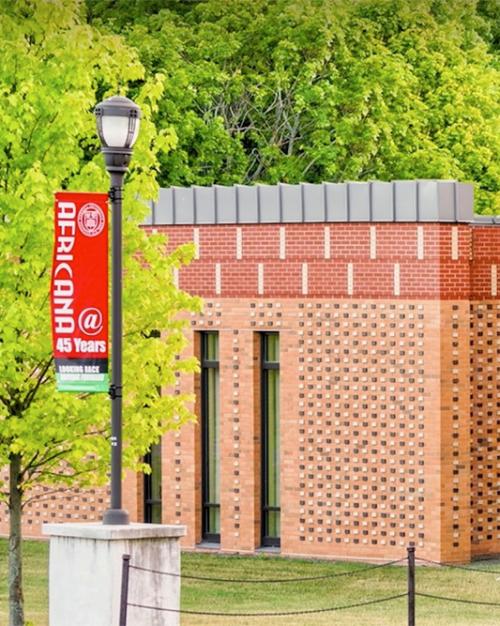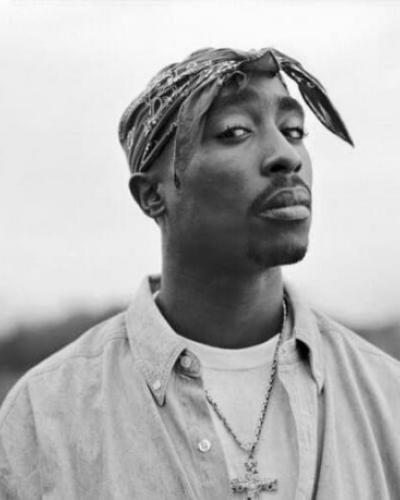Tupac was "resurrected" in 2012 at Coachella, one of the world's pre-eminent music festivals, where he performed in one of the first concert holograms alongside former associates Snoop Dogg and Dr. Dre.
Yet despite his global persona, few formal tributes exist for Tupac, whose mother said she spread his ashes on her North Carolina farm.
His mother had sought to direct his legacy through a youth art school near Atlanta, funded through the seven albums from the prolific Tupac that were released posthumously. But the school -- with its bronze statue of Tupac -- has shuttered and Afeni died in May this year.
Travis Gosa, an assistant professor of Africana Studies at Cornell University, voiced concern for the future of the defiant rapper's legacy in an era when tickets for the hip-hop musical "Hamilton" fetch hundreds of dollars.
"One thing that is ironic about Tupac 20 years after his death is that you can go to a Starbucks coffee shop and hear Tupac playing on the speakers," he said.
He said that Marley's example showed the need for caution. Marley, whose music was driven by messages of uplift and pan-African resistance, since his death in 1981 has been relentlessly commodified in T-shirts, posters and even marijuana brands with little connection to his causes.
His mother "did the best while she was alive to really use the branding cachet of Tupac's name to do something that goes beyond just generating money. Now that she's gone, I'm not sure what's going to happen," Gosa said.
"People are able to rent out their own Tupac hologram now. I think we need to be vigilant about what the Tupac brand is going to be 10, 20 years from now."
The article originally appeared in France24.





